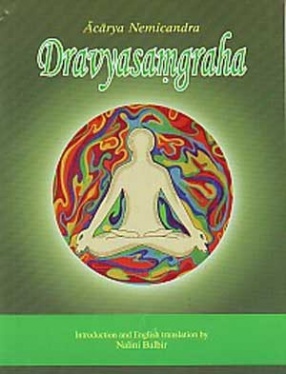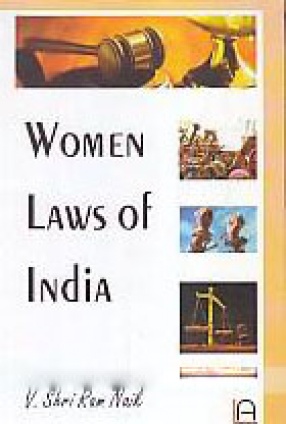India has often been called the ‘pharmacy of the developing world’ for providing high-quality and affordable generic and life-saving medicines. Having developed its own alternative model of conforming to the TRIPS Agreement, which is perceived as being in direct opposition to the US model of patent law, India has faced stiff opposition to its patent law reforms in the form of counter-provisions in the Free Trade Agreements entered into by the US and other countries.
This book examines India’s resistance as a stronger intervention of public interest into the sphere of private rights offered by patent law. By analysing the local impact of patent law at the level of the Patent Office, Appellate Board, and the higher courts, the author offers an insight into the development of the patent law and describes the reasons for its special evolution.
Explaining how countries can reorganize their patent laws to promote better access to affordable medicines, the book is a response to three questions: Is the Indian patent regime unique? What explains its uniqueness? What are the consequences for countries emulating India’s example?
Contents: Preface. Introduction. I. The Public in Patent Law. 1. Patent system, constitution and the public. 2. The resurgence of the public. II. How India Reinstated the Public in Patent Law. 3. Pre-grant opposition: ex ante validation of patents. 4. Heightened standards of patentability: raising the bar on inventions. 5. Compulsory licensing: local working in global economy. III. Reimagining the TRIPS as an Access Regime. 6. The fault lines of harmonization. 7. The access regime: creation, working and pathways. Bibliography. Index.





There are no reviews yet.